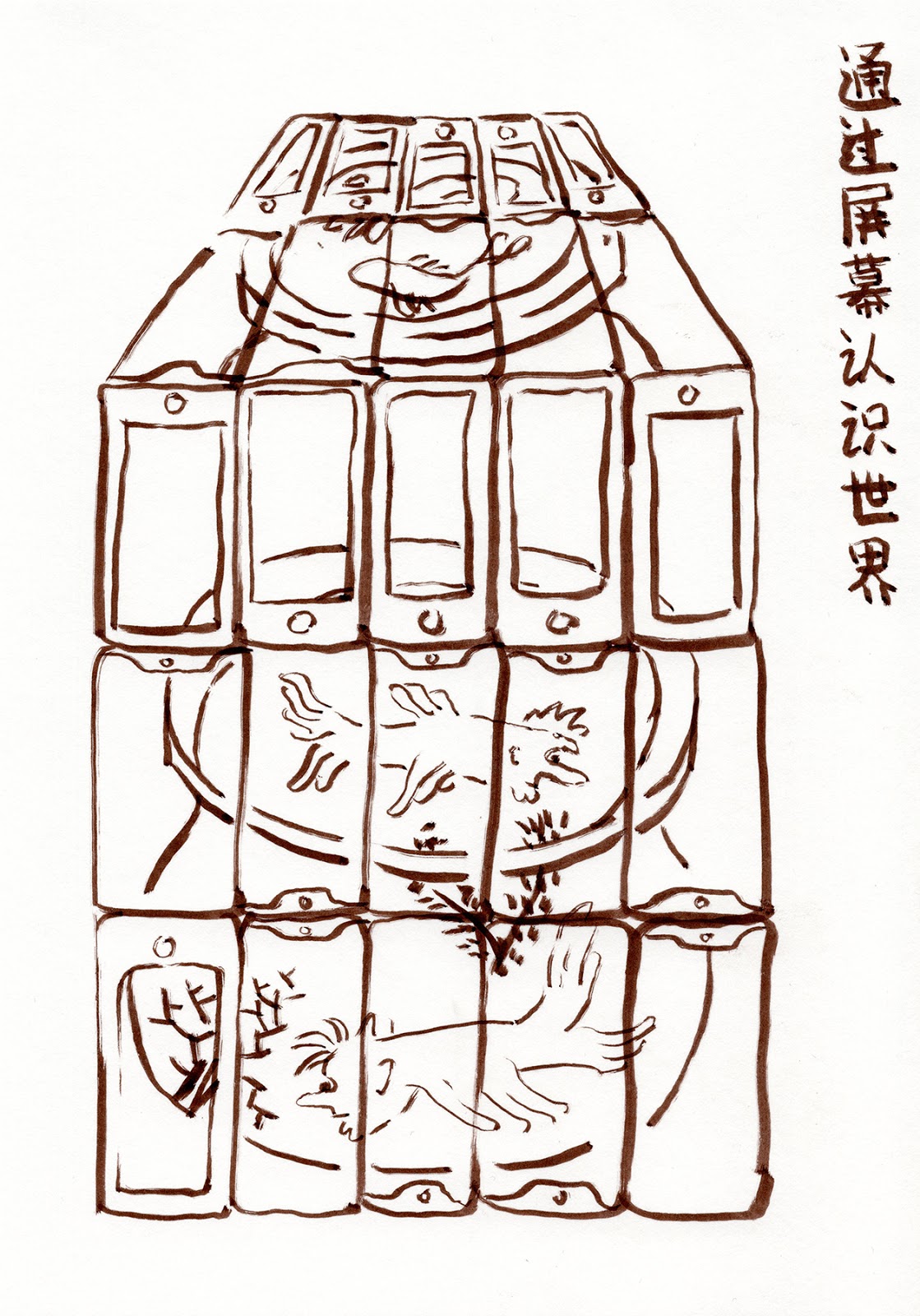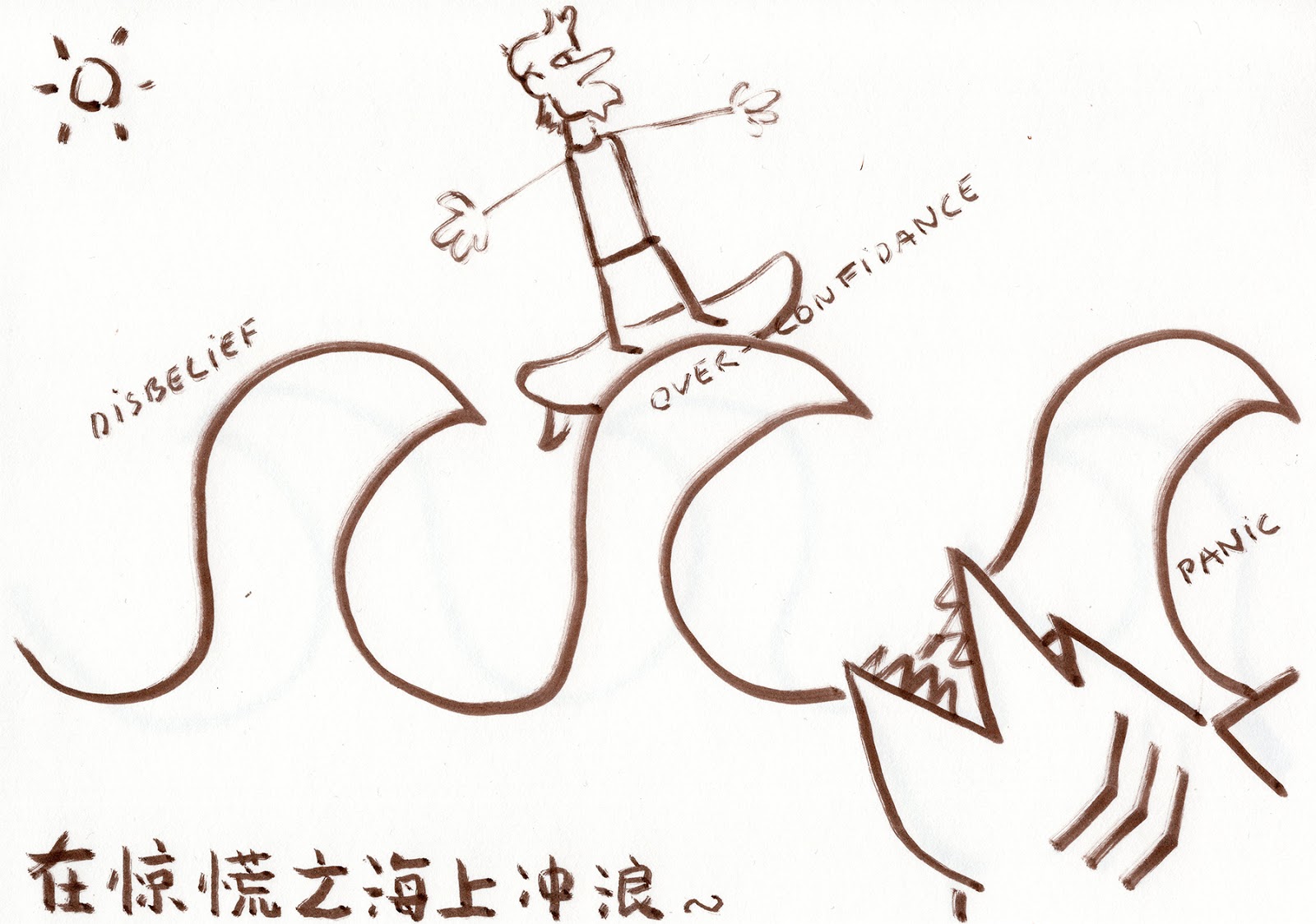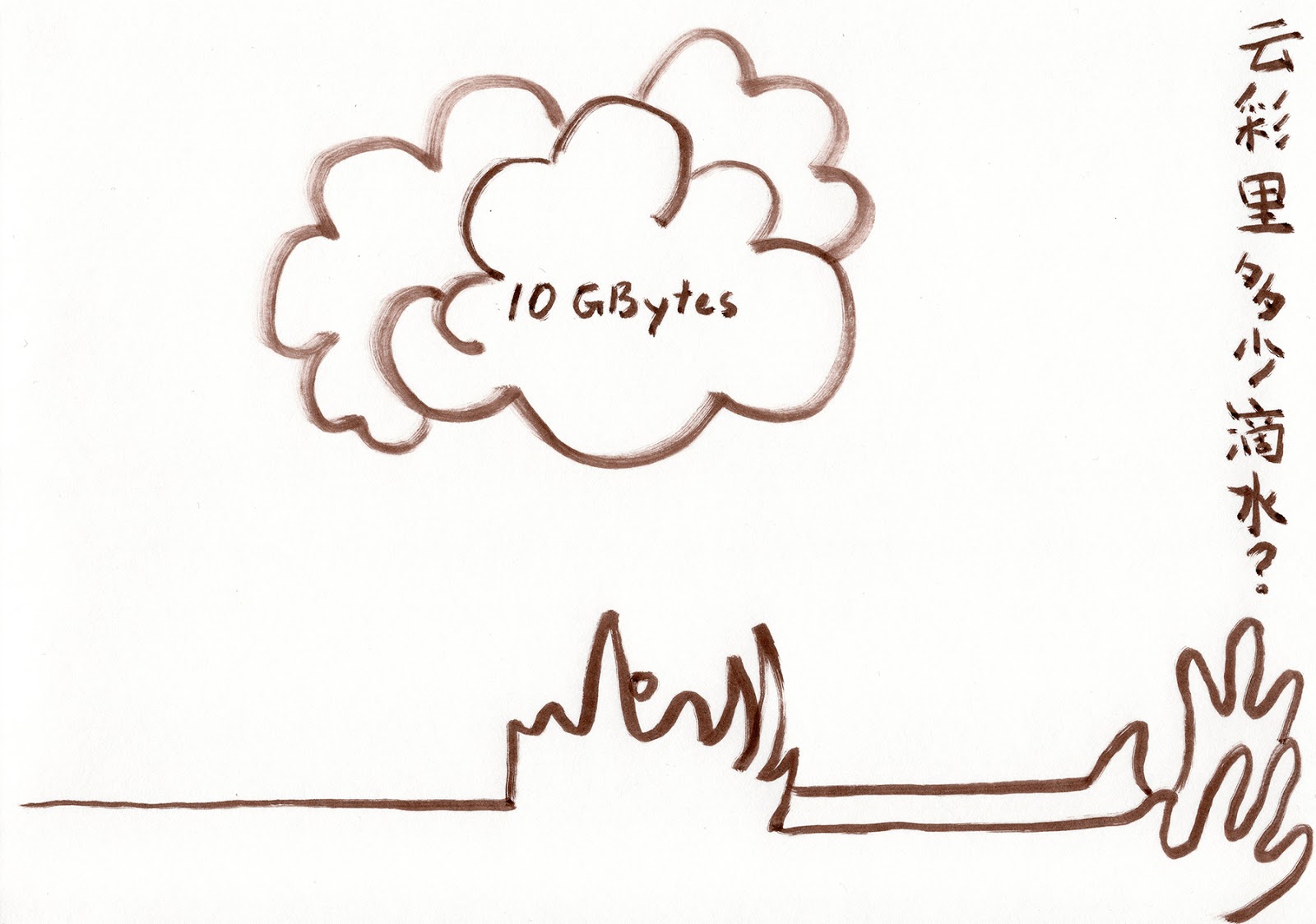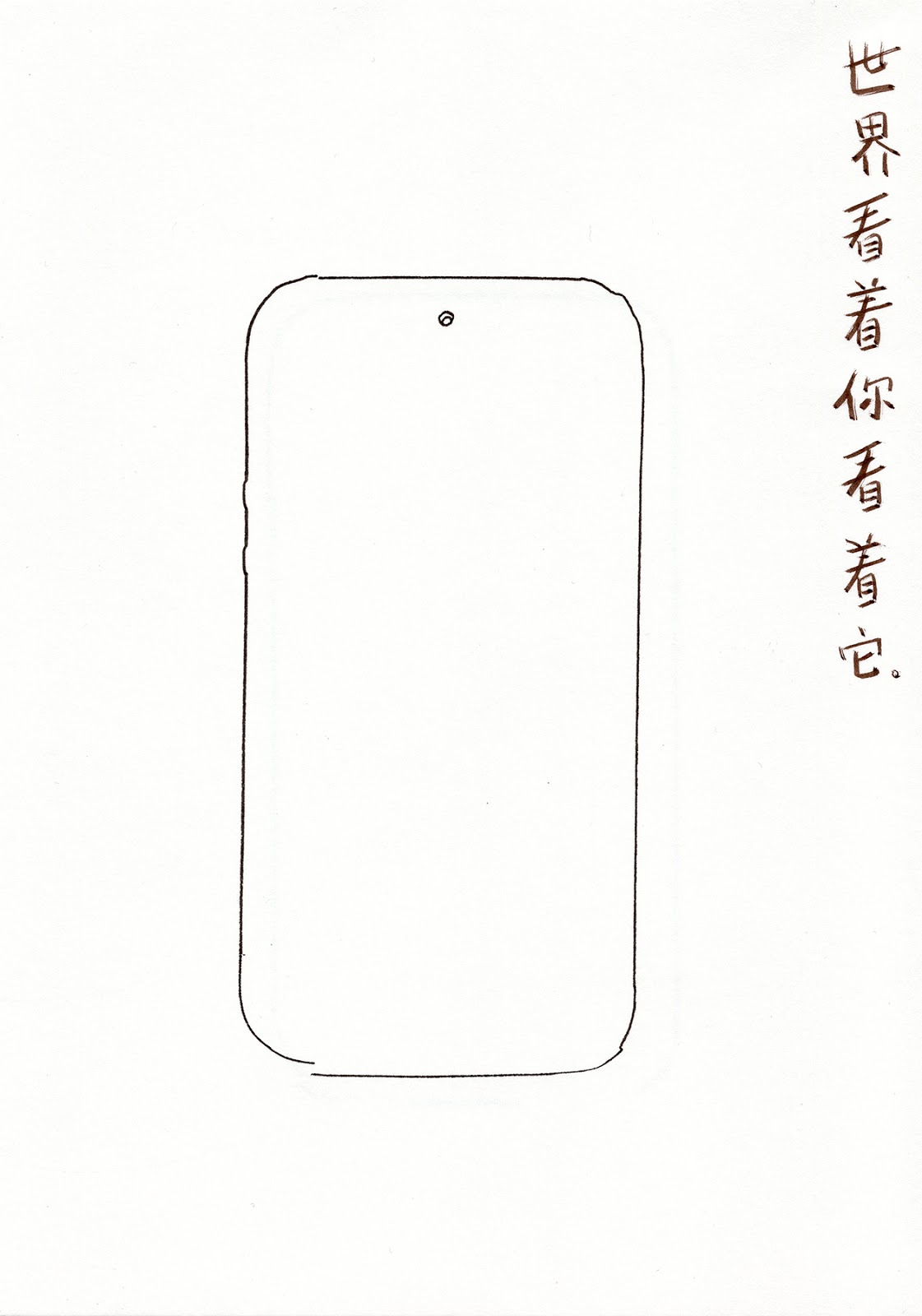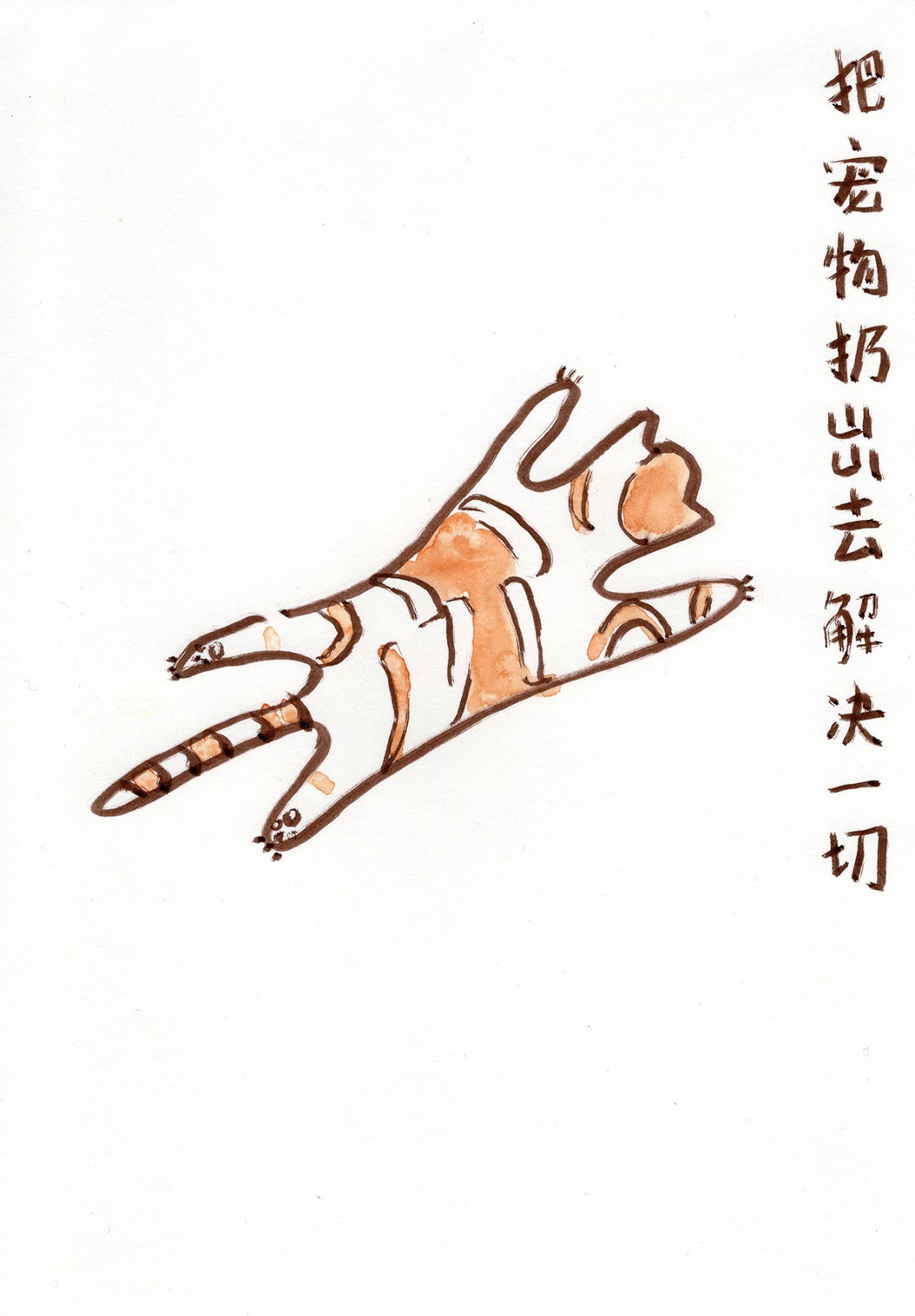Self-Quarantine in Beijing: Episode 4, On the Internet
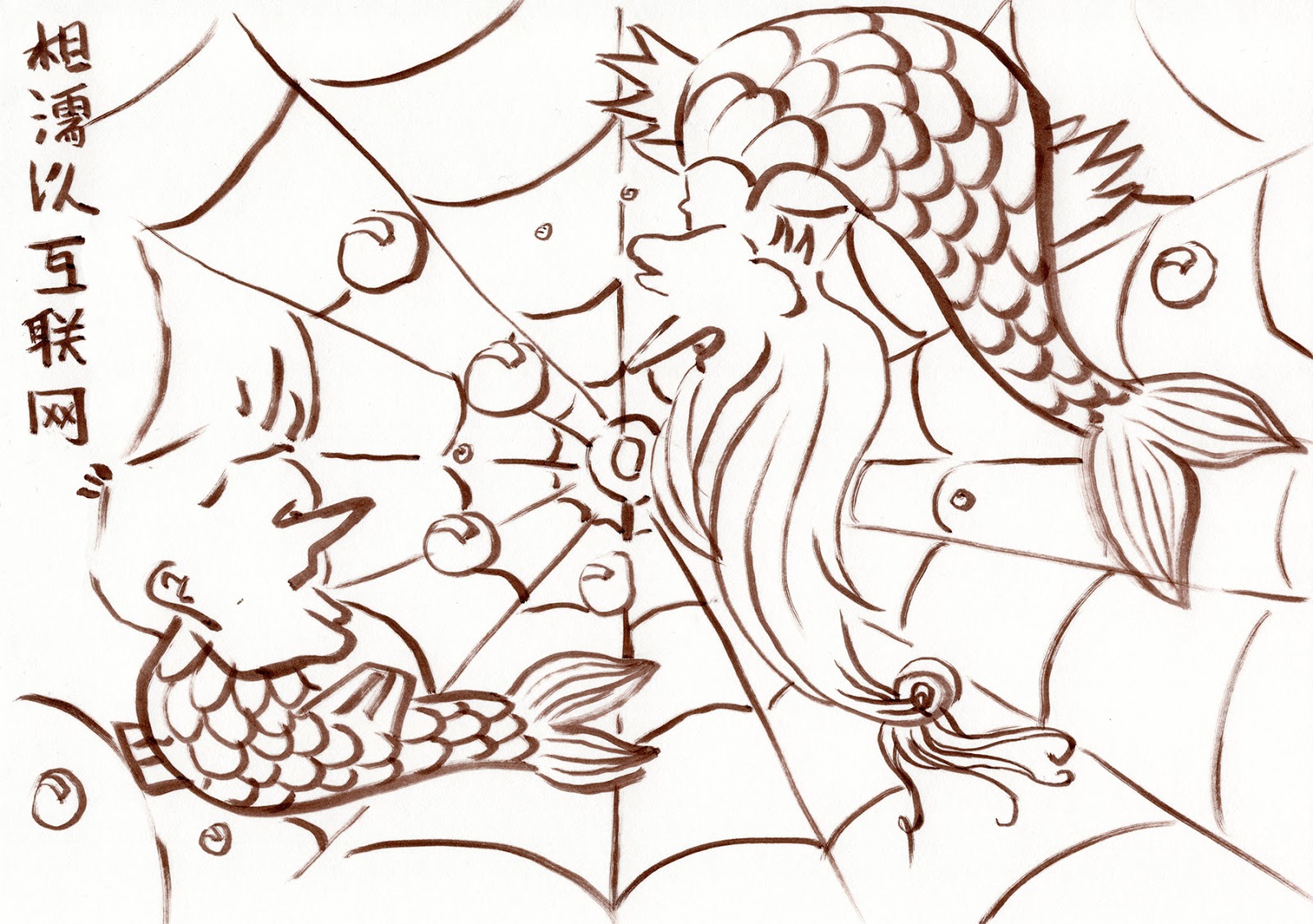
I’ve been illustrating this “Self-Quarantine in Beijing” series for over a month now. Epidemiologists like Amesh Adalja who analyze the novel coronavirus say that even if COVID-19 has a mortality rate that is 6 to 10 times higher than the common flu, it will not threaten the survival of our species. This is good news. But it also suggests that we live with the possibility of a more dangerous pandemic in our future. Are we ready?
Considering how slow some countries have been to prepare for COVID-19, despite being given all the warning signs, I’m skeptical. I’m even more concerned when I look at how social media has amplified false information, panic, or arrogance, rather than practical ways to deal with this public health crisis at all levels of society. I’ve been disappointed by the various ways people have failed to act according to the experts’ advice.
For more than 50 days now, I have been following the news on the internet just like the people around me. This episode is an attempt to put some of my observations in perspective.
![]()
Watching the news during the COVID-19 outbreak has been difficult and traumatic.
看新闻越来越难,看完了整个人感到非常恐慌。
The News (看完新闻的我 kàn wán xīnwén de wǒ)

What is being reported seems both close and distant, serious and funny, real and unreal at the same time.
主要是新闻报道都抱着一种又严肃又可笑,又魔幻又现实,距离又近又遥远的感觉。
The problem with watching the world through a screen is that you are watching the world through a screen.
通过屏幕认识世界的问题在于通过屏幕认识世界。
Tautology (重言 chóng yán)

Coronavirus has been spreading online as well as offline, from east to west, like an unstoppable wave. Two months ago, people in China were at the crest of that wave. We watched that wave hit Europe, and now we’re seeing it hit the U.S.
冠状肺炎同时在线上和线下传播的。而仔细观察,线上的反应很奇特。大家从不想要面对现实,转化到了一种不知哪儿来的自信,最后转化成了一种不理性的群体惊慌。
Surfing the Wave of Panic (在惊慌之海上冲浪 zài jīnghuāng zhī hǎishàng chōnglàng)

One question in particular, in an age when social media can sometimes seem to be as much of a vector for harm as actual viruses, is…
Wait, let me put my French accent on…
“Can we survive zee net?”
我个人感到了网络媒体的危险快赶上了病毒本身的危险。
所以用法国普通话问大家:网络会不会成为人类最后的伟大发明?
Surviving the Web (鲤鱼王发动了水溅跃 lǐyú wáng fādòngle shuǐ jiàn yuè)

But the internet, of course, is ubiquitous. That’s our reality.
Now, when we think of a cloud, we think of a monthly subscription for additional space.
云再也不是云了。
而是你每月要充会员的存储工具。
How many drops of water in a cloud? (云彩里多少滴水? yúncai lǐ duōshǎo dīshuǐ)

The upside of surfing this wave of panic on the internet is that we don’t feel so alone.
For, dear reader, your reactions can be recorded and uploaded onto the cloud as well.
同时把你的数据偷走。
The U-Turn (世界看着你看着它 shìjiè kànzhe nǐ kànzhe tā)

The downside is that we begin to live in a virtual space in which the people we follow — our personal clouds — become our reality. We can begin to lose our ability for critical thinking.
为了把人类进化成失去了基本理性的蓝精灵。。。
We start to think that dressing up as Smurfs will make us invulnerable, or accelerate the process of building herd immunity.
把皮肤染成蓝色增加群体抵抗力。
Turning us into Smurfs (蓝精灵救你命 lán jīnglíng jiù nǐ mìng)
That throwing our pets out the window will lower the risk of catching the virus.
把自己宠物从窗户扔出去降低得肺炎的可能。
The solution to all your problems (宠物扔出去解决一切 chǒngwù rēng chūqù jiějué yīqiè)
That greed will make our lives better.
大数据还让我们相信去超市抢东西能增加我们生存的可能。
Leftovers (剩饭 shèng fàn)

One thing I personally came to realize during this crisis is that we may eventually develop a vaccine for coronavirus, but we’ll never develop one for stupidity.
Instead of censoring truth, why can’t China’s Great Firewall filter out the hot takes?
疫情期间,我发现长城挡不住各方的愚蠢。
如果愚蠢也是一种病的话,那么人类还在找解药。
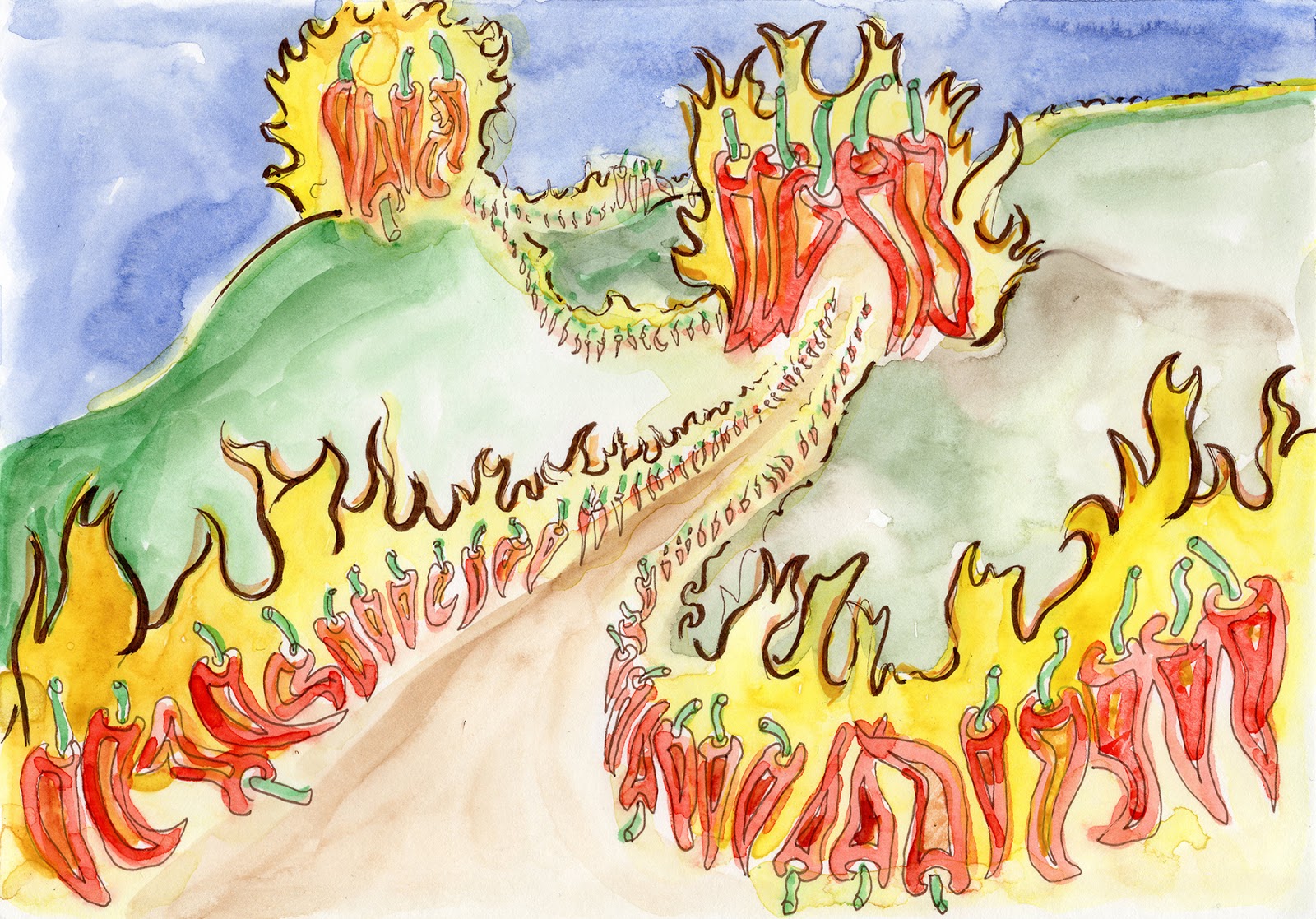
The Great Firewall of Hot Takes (四川辣椒建的长城 sìchuān làjiāo jiàn de chángchéng)
Self-Quarantine in Beijing is a series of illustrations by Donal Turner. Previously:
Next:

